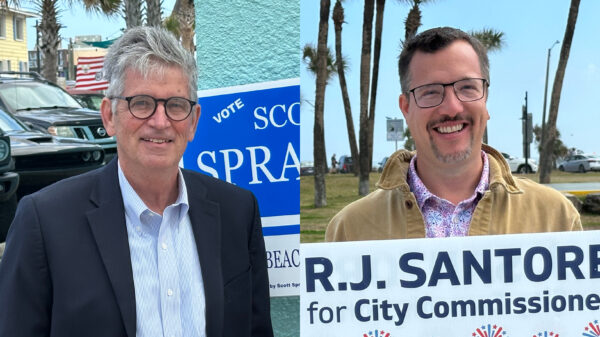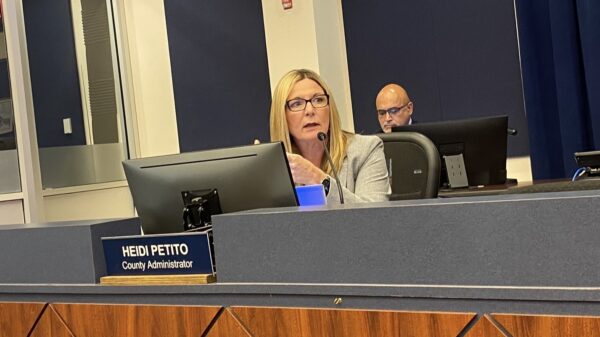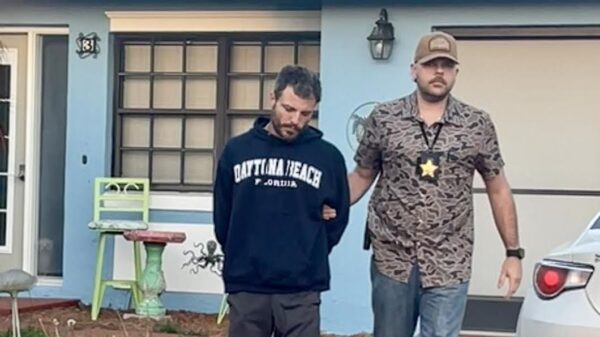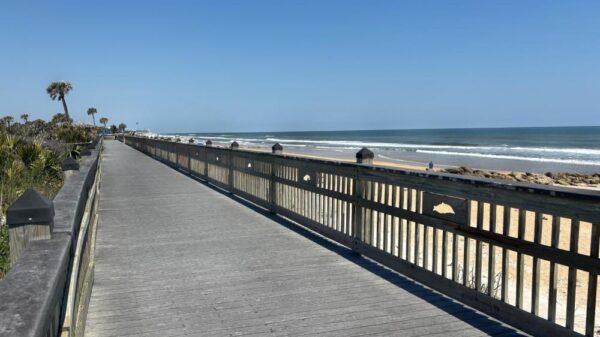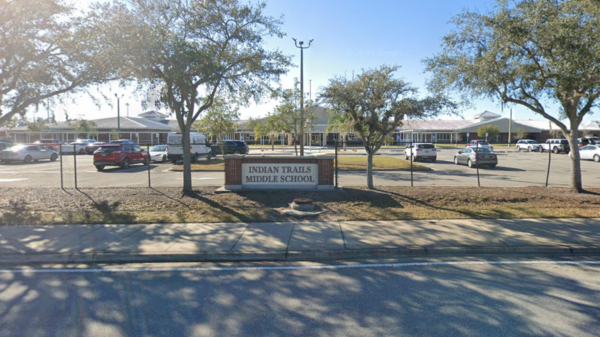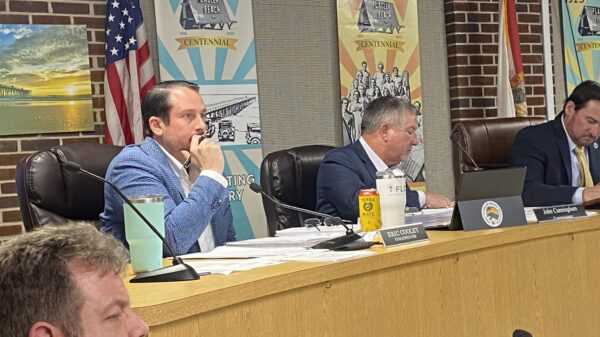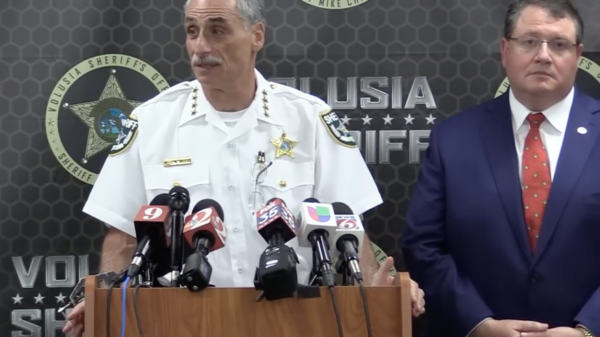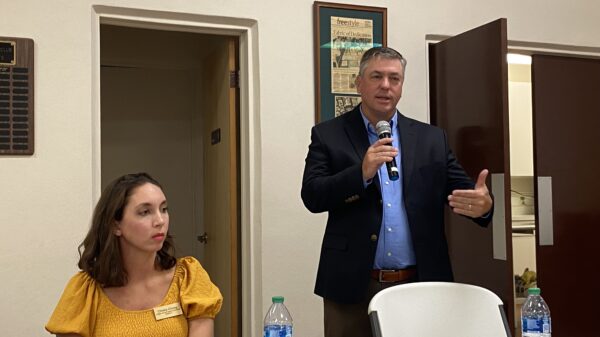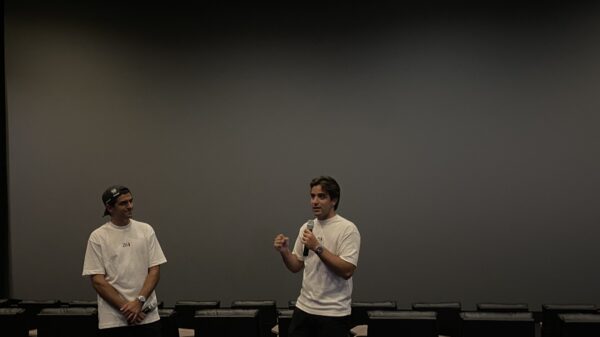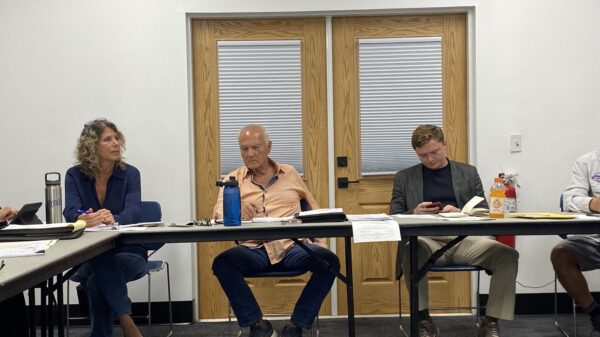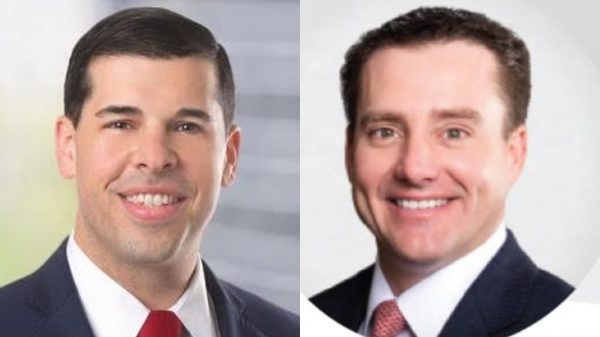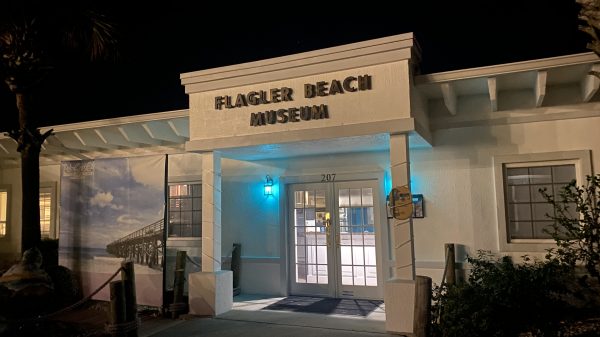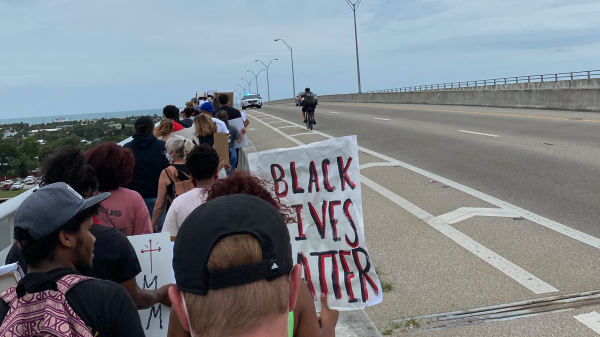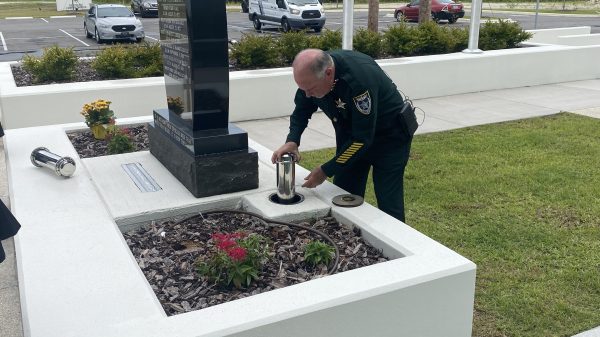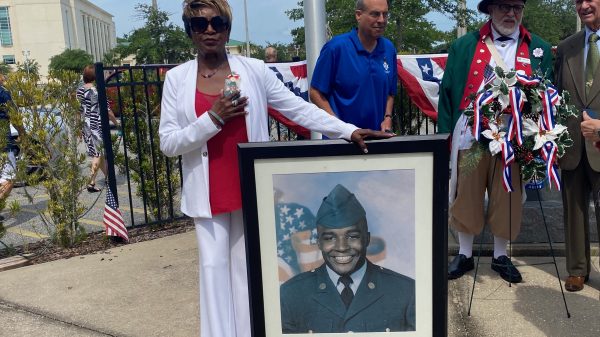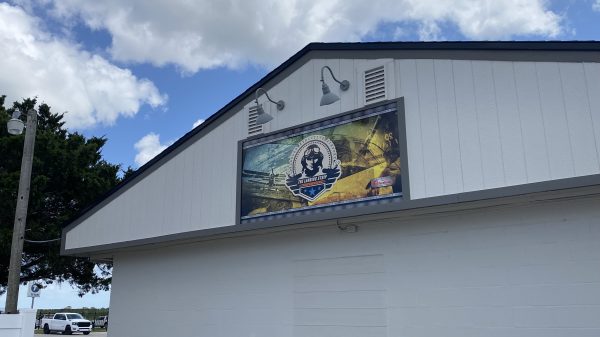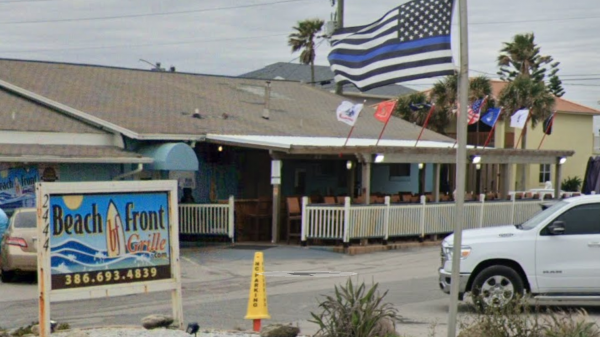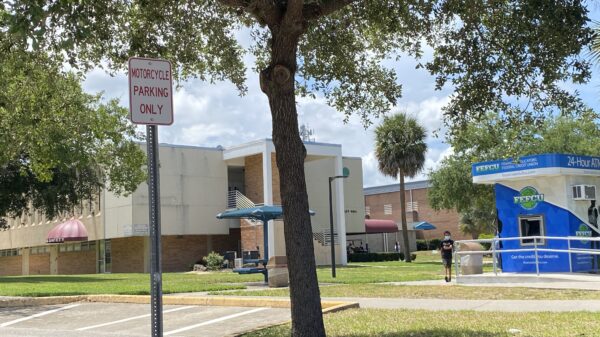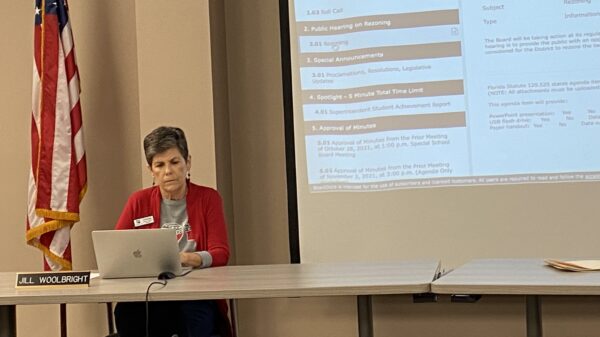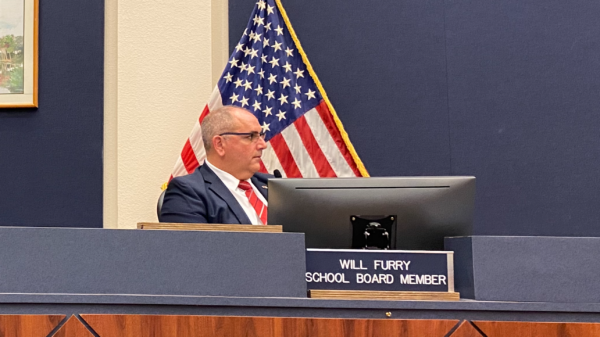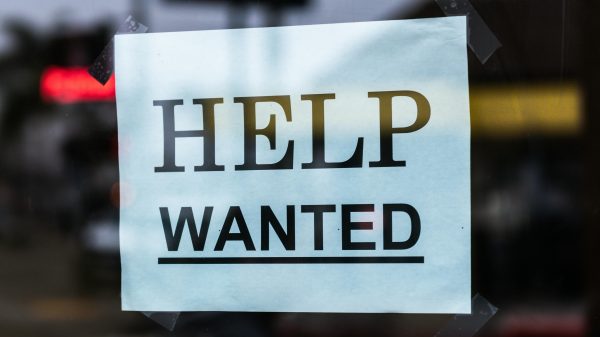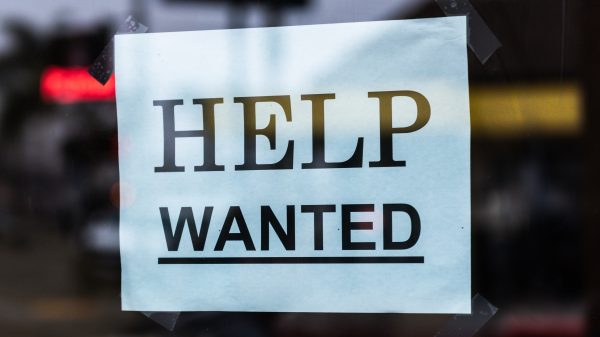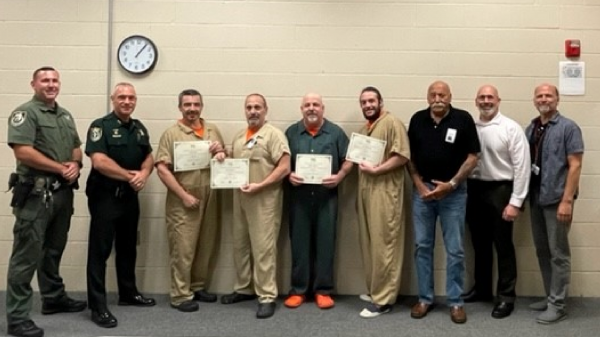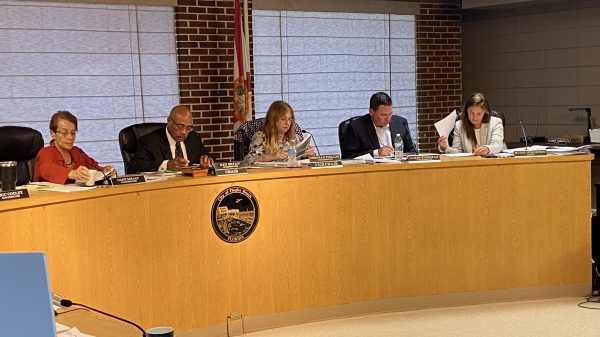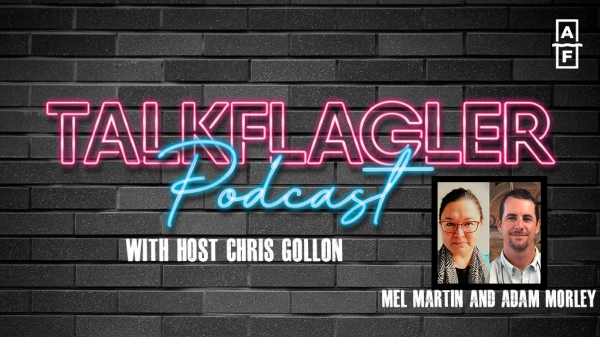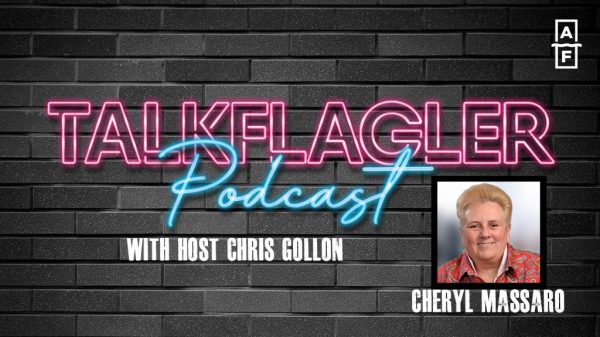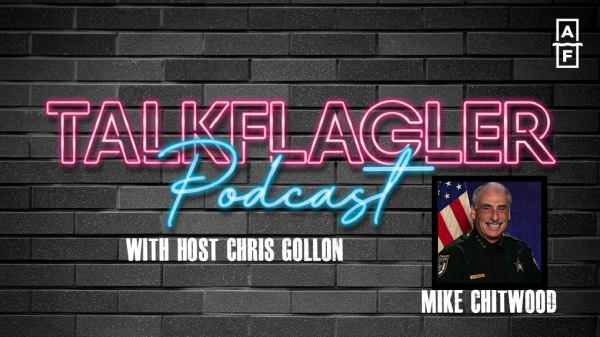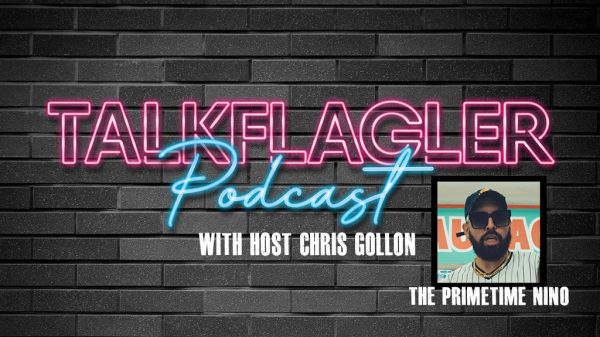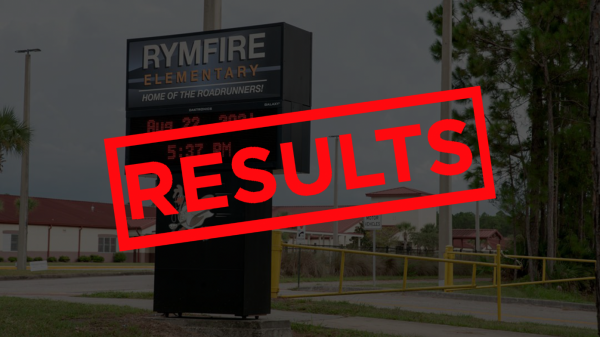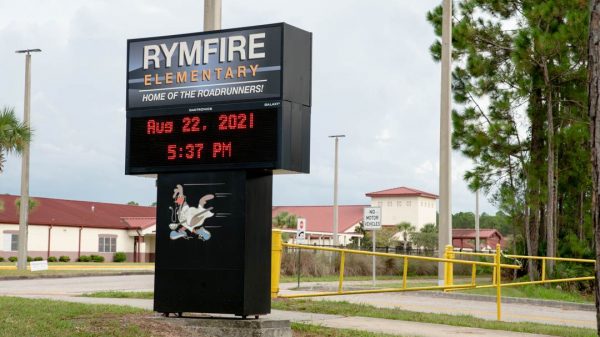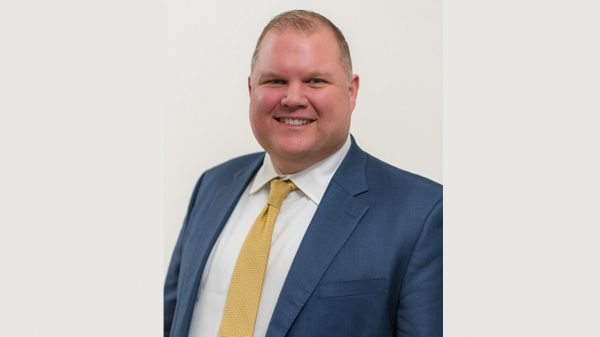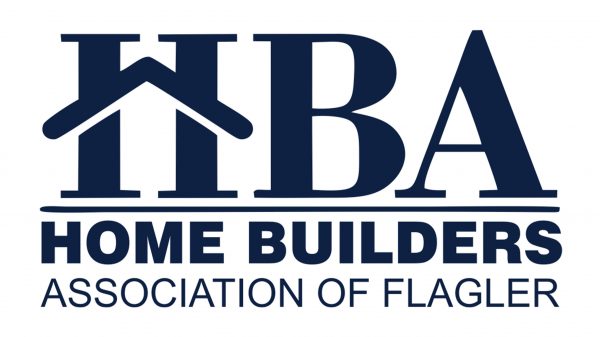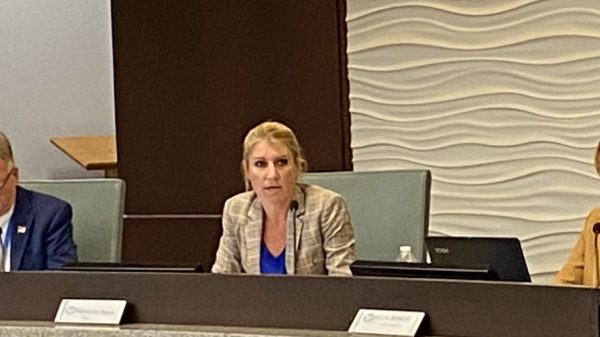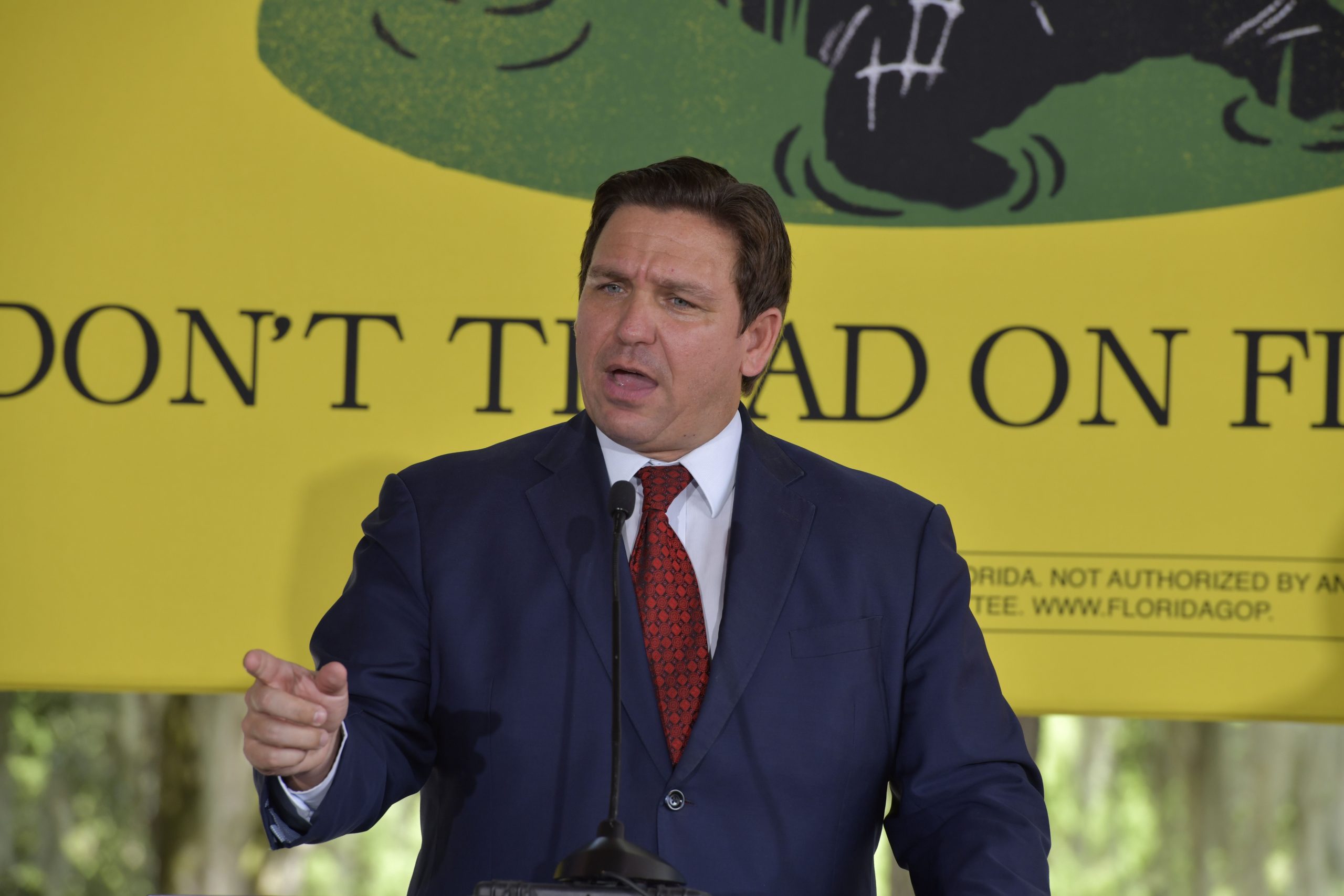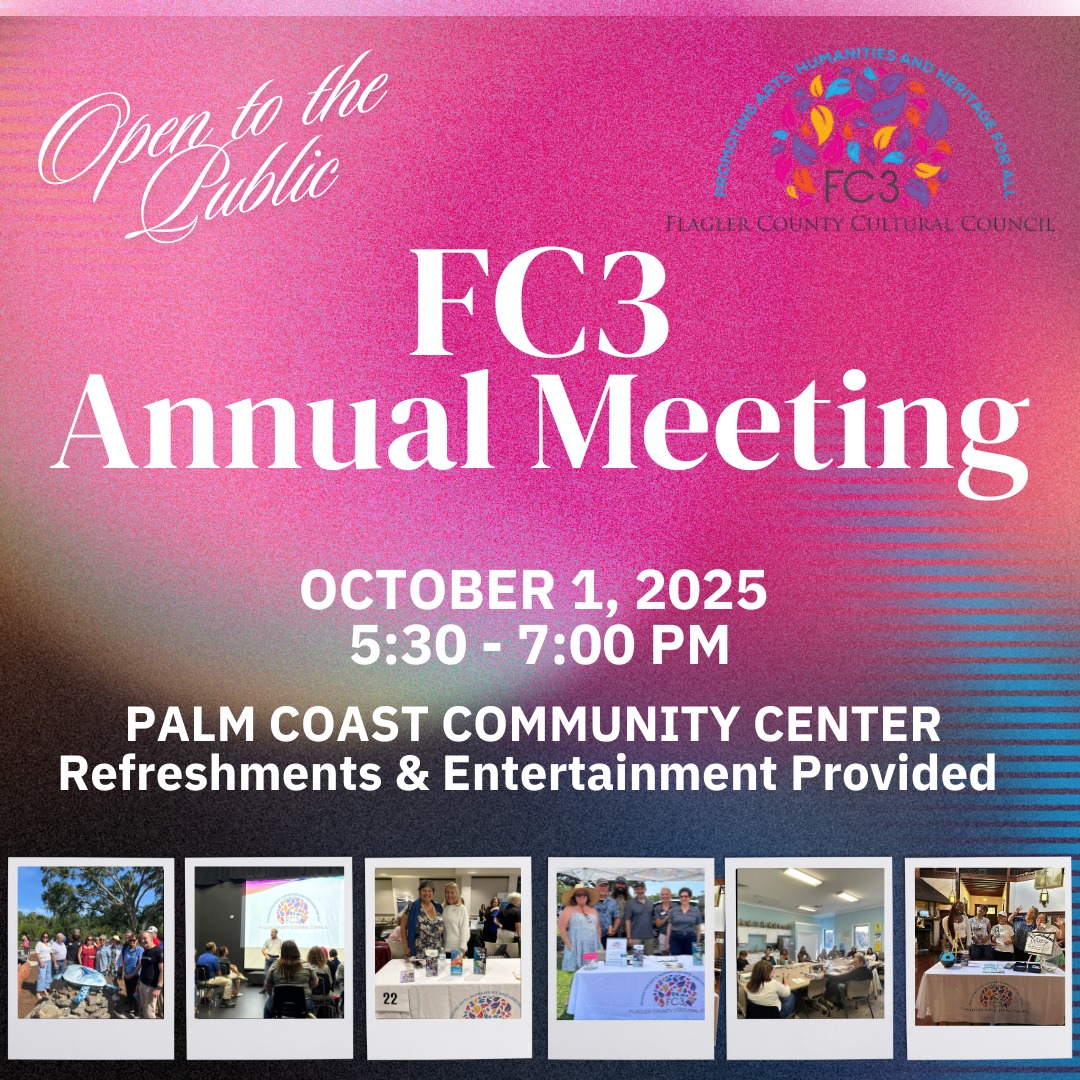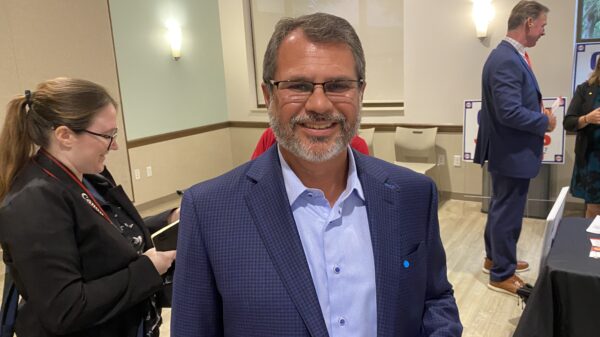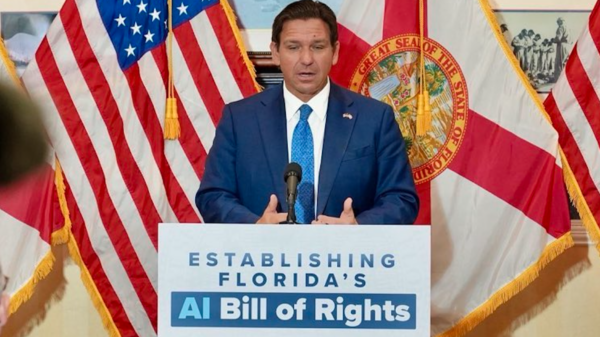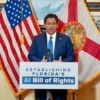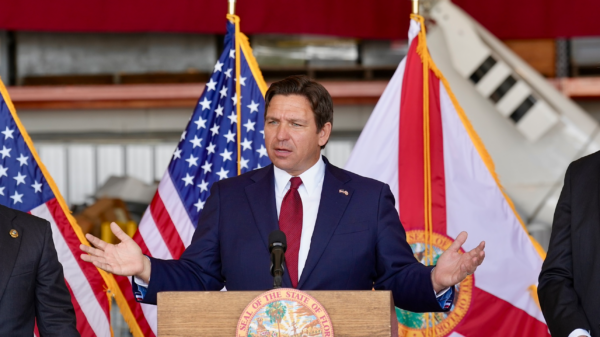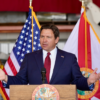TALLAHASSEE – The restrictions put in place by last year’s Parental Rights in Education bill, known to opponents as ‘Don’t Say Gay’, will likely soon be in effect for all grades in Florida’s public schools. The law, passed largely on partisan lines, bans education that covers gender and romantic orientation in first through third grades. Proponents say it protects young students from being indoctrinated or exposed to obscene material. Others say it’s targeted erasure of the LGBTQ+ community, beyond just what’s obscene or age-inappropriate.
Many of those who supported the bill as it worked its way through the state legislature stressed the fact that it only applied to grades 1-3 as a plus. Exceptions would be in place for existing state educational standards, or reproductive health instruction with a student opt-out.
Much of the state and the country are in stark disagreement on whether the policy targets LGBTQ+ students, a divide which Governor Ron DeSantis is likely hoping will propel him to the White House in 2024. DeSantis is seen as a likely presidential candidate, and has long touted his record on cultural issues as one of his chief accomplishments. If he does run, DeSantis is banking the majority of the country agrees restrictions like the Parental Rights in Education bill are necessary.
Practically speaking, for the law to expand to all grades it wouldn’t require another bill to be filed in the legislature. The Florida Board of Education is set to take up the matter itself in April. The Board largely acts in lockstep with DeSantis’s education priorities, and as such is widely expected to pass the expansion with little resistance.
The move has been applauded by Moms for Liberty, a Florida-based conservative advocacy group with a continued presence in School Board meetings that tackle social issues. The group has long held that education concerning gay rights and modern gender studies should be strictly limited in public schools at all levels. This has culminated in efforts to see books covering these topics removed from school libraries, usually on the grounds that they’re obscene or even pornographic.
“Everything he does is about what can further his own career ambitions,” said Brandon Wolf, a spokesman for Equality Florida and survivor of the Pulse nightclub shooting. “It’s clear he sees the anti-LGBTQ movement as his vehicle to get him where he wants to go.”
Chris Gollon is a Flagler County resident since 2004, as well as a staple of the local independent music scene and avid observer of Central Florida politics, arts, and recreation.


